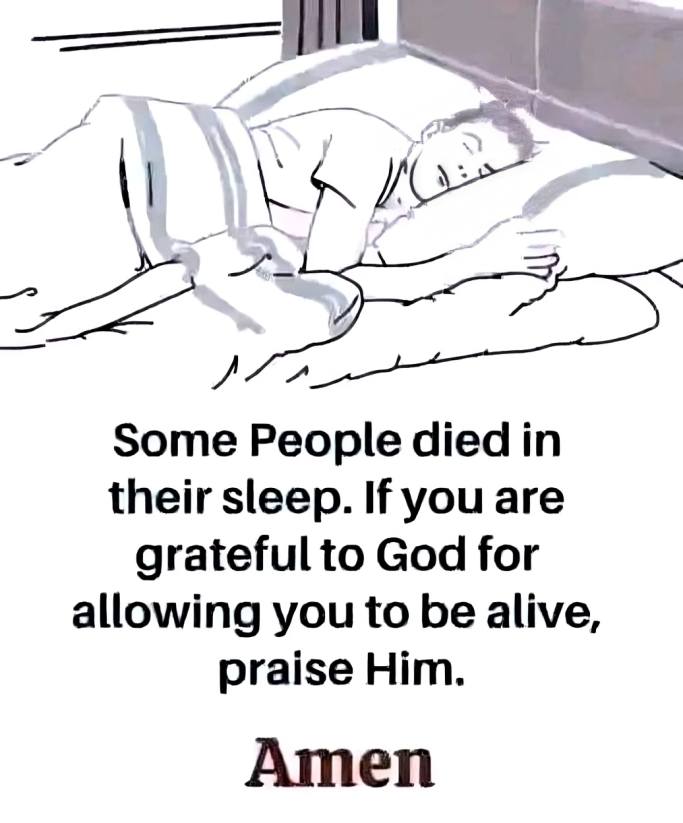The thought of dying in your sleep has probably crossed your mind more than once. It’s a terrifying idea — one you’d rather not dwell on before closing your eyes at night.
Hypnophobia is the overwhelming fear of falling asleep, often fueled by the fear of losing control or even dying during sleep. For some, this fear becomes so intense that it disrupts their quality of life and takes a toll on their health. But what’s behind this fear, and is there any truth to the idea that sleep could be dangerous?
Let’s explore why some people die in their sleep and what you should know about the risks.
Oversleeping
Did you know that sleeping too much could be problematic? Over the years, a lot of research has been conducted on sleep, and many people still believe that getting plenty of it is always good for the body. But if you’re sleeping more than seven to eight hours a night, you might want to pay attention—it could be a warning sign.
Sleeping ten hours a night raises your risk of dying early by 30% compared to someone who sleeps eight hours. This was revealed in a 2018 study published in The Journal of the American Heart Association.
In 2023, Dr. Milind Sovani from Nottingham University Hospitals NHS Trust in the UK shared some insight with Newsweek about the mystery of dying in one’s sleep. According to Dr. Sovani, these sudden and silent deaths are “usually related to the heart, lungs, or brain.”
People can die in their sleep for various reasons, with sudden cardiac arrest being one of the most common causes. A 2021 study in Heart Rhythms found that about 22% of these deaths happen between 10:00 p.m. and 6:00 a.m.
Dr. Milind Sovani highlights another risk factor for dying in your sleep: ”Occasionally, people with diabetes can die in their sleep from low glucose levels,” he explains.
There’s even a term for this tragic phenomenon — Dead-in-Bed Syndrome (DIB). This term refers to cases where someone with type 1 diabetes (T1D) goes to bed seemingly healthy but doesn’t wake up.
Younger individuals with type 1 diabetes, especially those under 50, are at a higher risk of experiencing Dead in Bed Syndrome.
The good news is that DIB syndrome is rare, accounting for only about 6% of all deaths in people under 40 with type 1 diabetes, according to Diabetes UK
